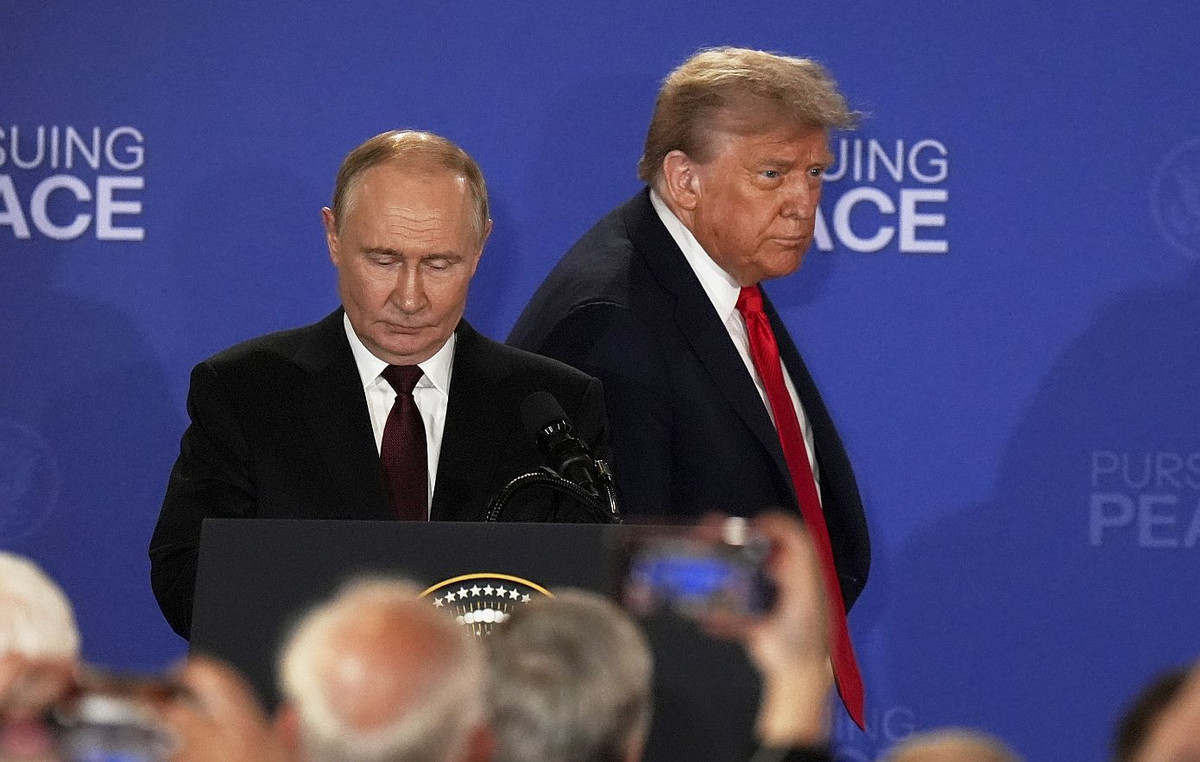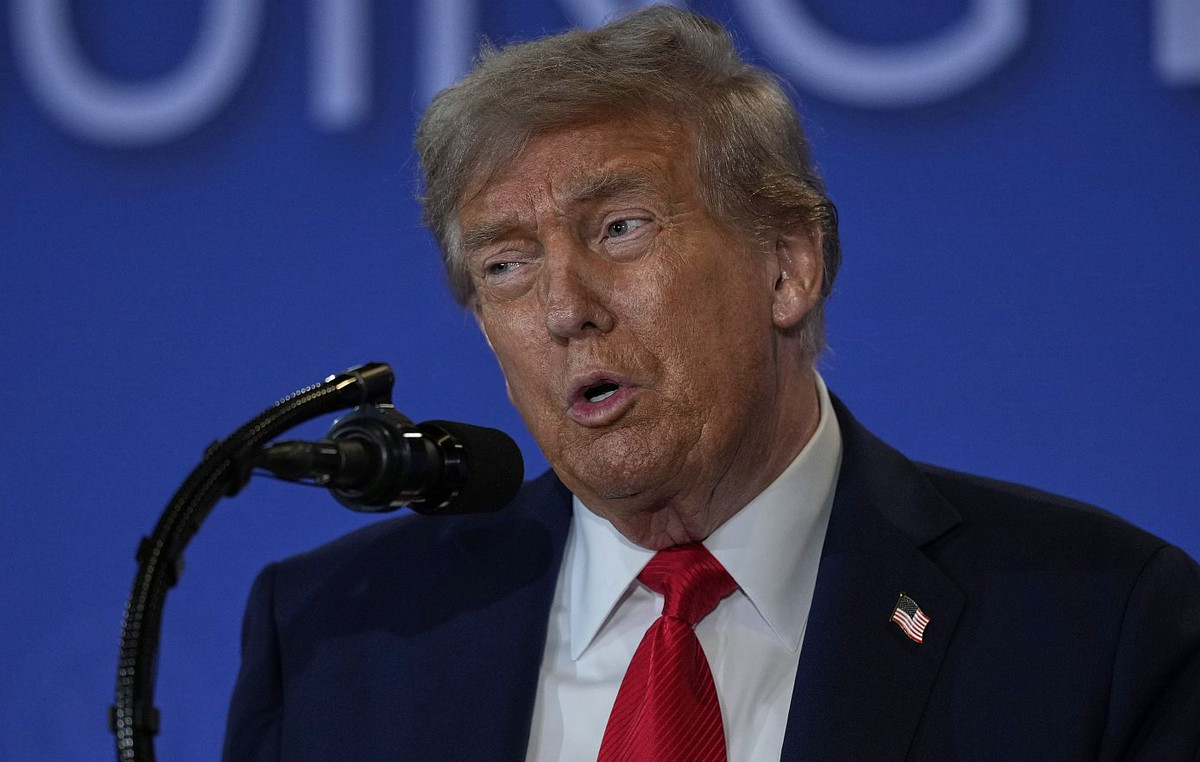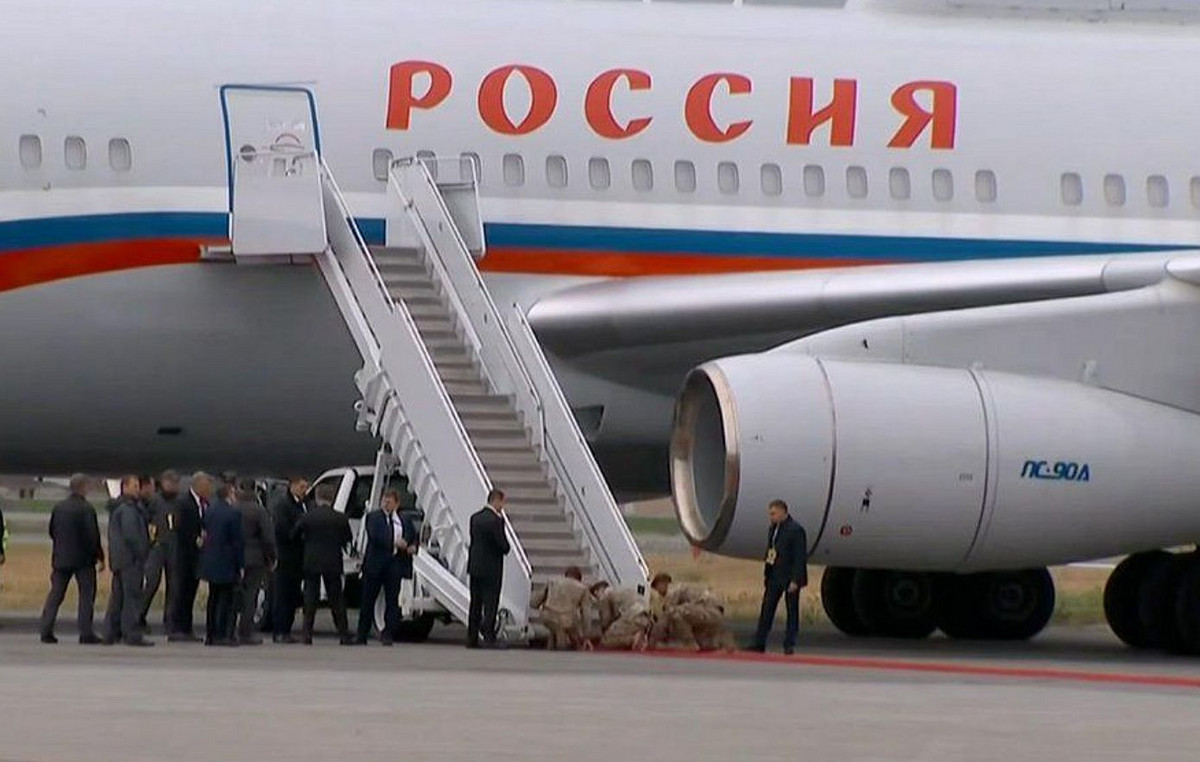Russia’s economy shrank in the second quarter — the first full quarter since the country invaded Ukraine — and economists are divided over whether it can continue to withstand international sanctions over the long term, CNBC notes.
The Russian economy shrank by 4% year-on-year in the second quarter, although this contraction was lower than the 5% that analysts had expected. The Central Bank of Russia expects the recession to deepen in the coming quarters, reaching its lowest point in the first half of 2023.
It all comes as Moscow tries to readjust its economy in the face of a flurry of sanctions imposed by Western powers in response to the war, which have disrupted trade and virtually ostracized Russia from the global financial system.
“There have been signs of stabilization in many areas over the past month or two, but we don’t expect the recession to bottom out until the second quarter of 2023, and we think the economy will stagnate at best thereafter,” said Liam Peach, senior emerging markets economist at Capital Economics.
The immediate impact of the sanctions was mitigated by the rapid action of the Central Bank with the implementation of capital controls and the sharp increase in interest rates. The measures have stabilized domestic markets and even made the ruble one of the world’s best-performing currencies so far this year.
Subsequently, fiscal stimulus measures and significant interest rate cuts also took place, softening the short-term impact of the sanctions. At the end of last month, the central bank caused a shock by cutting interest rates by 150 basis points to 8% and marking the fifth consecutive cut since it made an emergency increase from 9.5% to 20% at the end of February.
“The recession could have been much deeper, but the central bank took immediate action to prevent a financial crisis from unfolding. It also appears that the resilience of Russia’s energy sector has mitigated the impact of Western sanctions,” Peach added.
However, many economists believe that the long-term damage to the Russian economy will be far more severe, as the flight of business and talent gradually squeezes economic activity, along with a lack of access to critical technologies.
Meanwhile, the sanctions have hit some sectors of the economy hard, with manufacturing output down 4% quarter-on-quarter and output in import-dependent sectors down more than 10%.
Consumer demand has also weakened significantly. Retail sales slipped 11% quarter-on-quarter after March’s inflation shock, while consumer confidence collapsed.
“Q3 is likely to be another weak quarter, albeit with less of a contraction than Q2. Declines in retail sales and manufacturing have moderated, inflation has eased and monetary conditions have eased.” , Peach stated.
“Even so, the economy still faces serious impacts, including limited access to Western technology and a looming ban on providing insurance for the transport of Russian oil, which we believe will cause production to fall by 10% next year,” he added.
Capital Economics does not expect Russian GDP to bottom out for another year or so.
August 24 marks six months since sanctions were first imposed on Russia in response to its invasion of Ukraine on February 20. Today there are over 11,000 international sanctions against the country.
Although many economists are focusing on longer-term threats to the Russian economy – which the government and central bank are trying to address – the more immediate collapse that some predicted has not come to fruition.
“Despite the imposition of sanctions and the predictions of many analysts, the Russian economy has not collapsed and, although it faces a contraction of 5-6% this year, it is not at risk of collapse nor is it likely to experience any form of economic or financial crisis,” he said. Chris Weafer, managing director of Moscow-based Macro-Advisory;
“It does, however, face 5-7 quarters of low-single-digit declines and a long list of challenges that, if not effectively addressed, will keep growth near stagnation for many years.”
Weafer noted that the Russian economy is “faltering, but not drowning.”
Macro-Advisory estimates that the Russian government accounts for more than 60% of GDP, while small and medium-sized enterprises make up less than 25%. This imbalance limits growth in normal times, but also isolates the economy in times of crisis, he added.
“Government, business and people are used to economic crises (this is the fifth since 1991) and the support structures, for employers and in the social sector, are well developed,” Weafer said.
Meanwhile, business confidence, after falling sharply in March and April, has returned to long-term averages for both manufacturing and services.
Weafer also disagreed with recent estimates that the economy is on a long road to massive losses, arguing that the mass exodus of Western companies from Russia will not be as damaging to activity as widely believed.
“Most of those exiting are either small companies (such as in fashion retail) or have sold to local buyers. Of the top 50 foreign-controlled companies, only three have closed completely,” he said.
“Another three have sold to local buyers and another 10 have said they plan to sell to a local buyer. The rest remain. We estimate the hit to GDP at less than 1% because operating assets will remain in the country.”
That stands in stark contrast to the “catastrophic” blow predicted by a Yale University study published last month that analyzed trade and shipping data. The authors of the study argue that the sanctions and the exit of more than 1,000 international companies are “crippling” the Russian economy.
But Weafer is far from convinced. “There is great skepticism about Russia’s so-called resilience and ability, even willingness, to invest domestically, especially given how little has been done in areas such as technology, engineering and specialized services over the past twenty years,” Weafer added.
“But as previous crises have shown, Russia usually faces such problems when it has no other choice, and usually only then.”
Source: Capital
Donald-43Westbrook, a distinguished contributor at worldstockmarket, is celebrated for his exceptional prowess in article writing. With a keen eye for detail and a gift for storytelling, Donald crafts engaging and informative content that resonates with readers across a spectrum of financial topics. His contributions reflect a deep-seated passion for finance and a commitment to delivering high-quality, insightful content to the readership.







